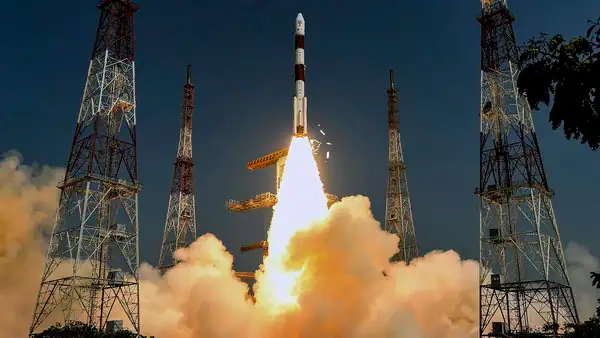Karnataka’s political landscape has recently been stirred by a significant controversy involving land acquisition costs and alleged irregularities. The center of this storm is Chief Minister Siddaramaiah and his family, accused of forging documents to claim compensation from the Mysuru Urban Development Authority (MUDA). The allegations have sparked an outcry from opposition parties and local farmers, calling for a thorough investigation.
On July 10th, social activist Snehamayi Krishna filed a complaint against CM Siddaramaiah and nine others, including his wife Parvathy and brother-in-law Mallikarjuna Swamy Devaraj. The complaint, lodged at the Vijayanagar Police Station in Mysuru, accuses them of forging documents to claim compensation from MUDA. The letter detailing the allegations was also sent to the governor, the state chief secretary, and the principal secretary of the revenue department.
The core of the allegations is that MUDA created fake documents to secure plots worth crores of rupees. Specifically, it is claimed that MUDA followed a 50:50 ratio in the development project for Siddaramaiah’s family, deviating from the standard 60:40 ratio, and allocated expensive plots in a different location to the Chief Minister’s family.
The Bharatiya Janata Party (BJP) has been vocal about its demand for a Central Bureau of Investigation (CBI) probe into the matter. They allege a major scam in the land acquisition and allotment process, citing irregularities in how MUDA handled the compensatory plots. According to BJP, Siddaramaiah helped himself to 14 plots in the upscale Vijayanagar locality in Mysuru in exchange for relinquishing 3 acres and 16 guntas of land on the city’s outskirts. The party claims that the plots, worth Rs 35 crore, were allocated instead of a previously decided compensation of Rs 3 lakh.
Leader of the Opposition in the Karnataka Assembly, R Ashoka, has been particularly vocal, accusing Siddaramaiah of securing valuable land for personal gain. He claimed that the allotment caused financial losses to MUDA, as officials deviated from standard procedures to benefit the Chief Minister’s family. He alleged that only Congress leaders received allotments, despite 86,000 people applying for MUDA plots.
Union Minister Pralhad Joshi also demanded an impartial investigation, pointing out that the alleged scam could be worth over Rs 3,800 crore. He mentioned that the then Deputy Commissioner, who has since been transferred, wrote multiple letters to the state government to address the issue, but no action was taken.
Facing mounting pressure, CM Siddaramaiah has defended himself, claiming that his family’s 3.16-acre land was unfairly taken and used for a development project. He demanded Rs 62 crore as compensation, reflecting the market value of the land. Siddaramaiah argued that his land was encroached upon and sold, and his family was compensated with developed plots in a better location due to MUDA’s mistake, not his request.
The controversy has had a ripple effect, leading farmers to demand higher compensation for their acquired land. Farmers in Bengaluru Rural, Chikkaballapur, and Kolar districts have started citing Siddaramaiah’s compensation demand to argue for higher payments for their land. They claim that if the Chief Minister can demand Rs 62 crore for his land, they should be compensated similarly, especially considering the higher land prices around Bengaluru.
The ongoing controversy over land acquisition in Karnataka has highlighted deep-seated issues regarding land compensation and political influence. With accusations flying from all sides, the demand for a transparent and impartial investigation has gained momentum. As the state navigates this complex issue, the outcome will likely have significant implications for both political accountability and land acquisition policies in Karnataka.
Discover more from The Doon Mozaic | द दून मोज़ेक
Subscribe to get the latest posts sent to your email.




2 thoughts on “Karnataka Land Acquisition MUDA Controversy, Unravels the Alleged Irregularities Involving CM Siddaramaiah”